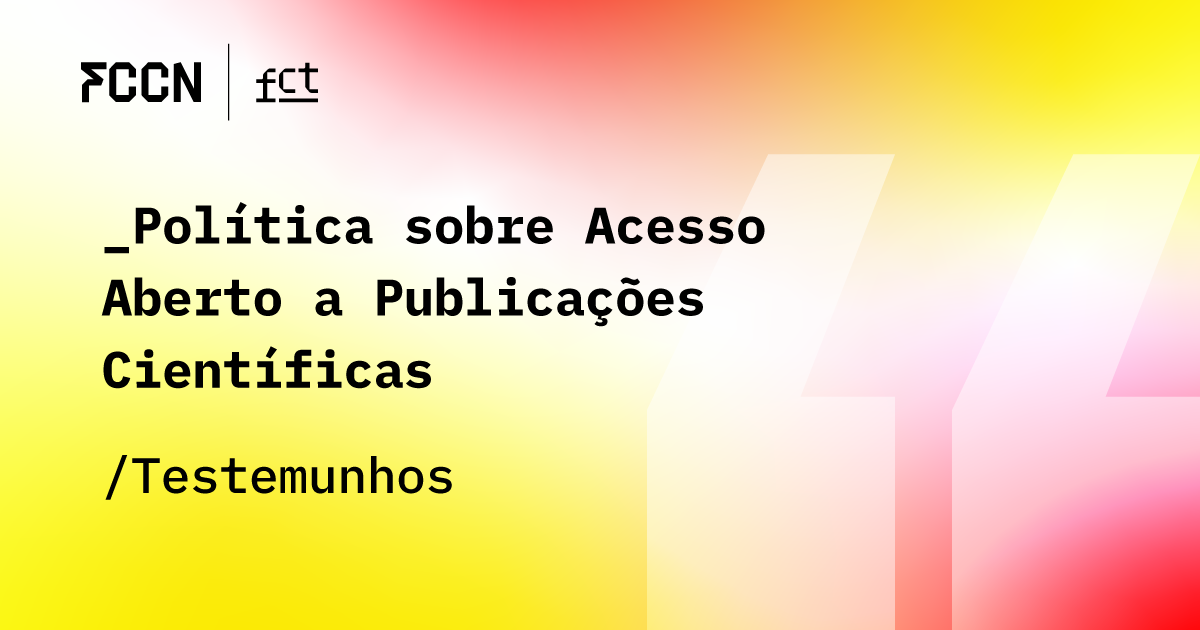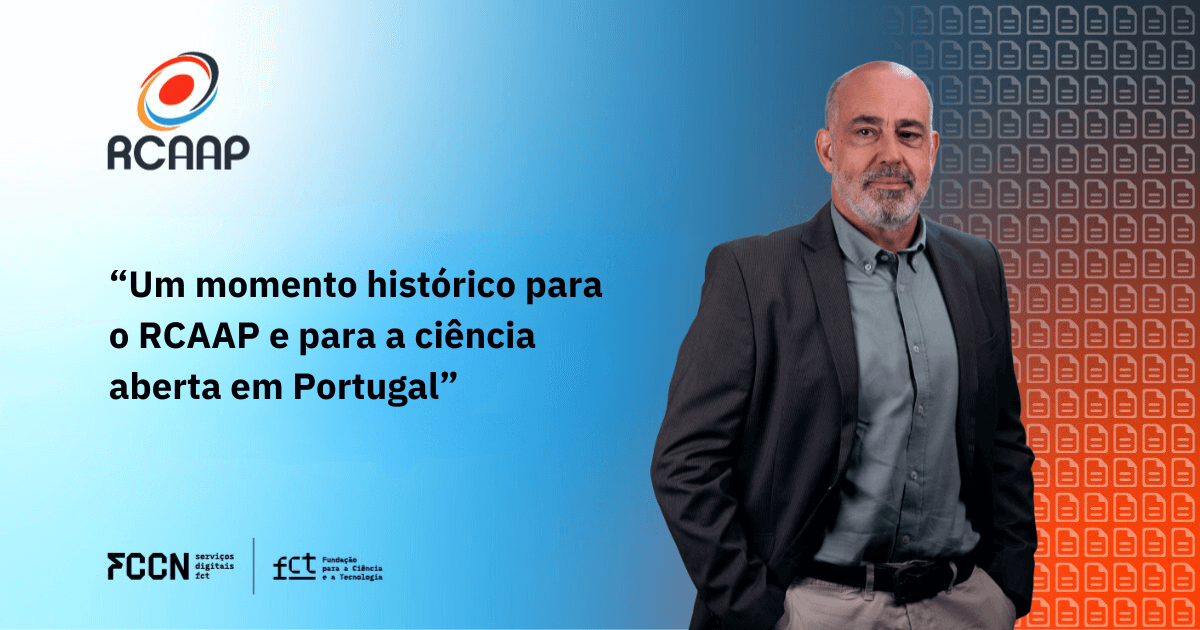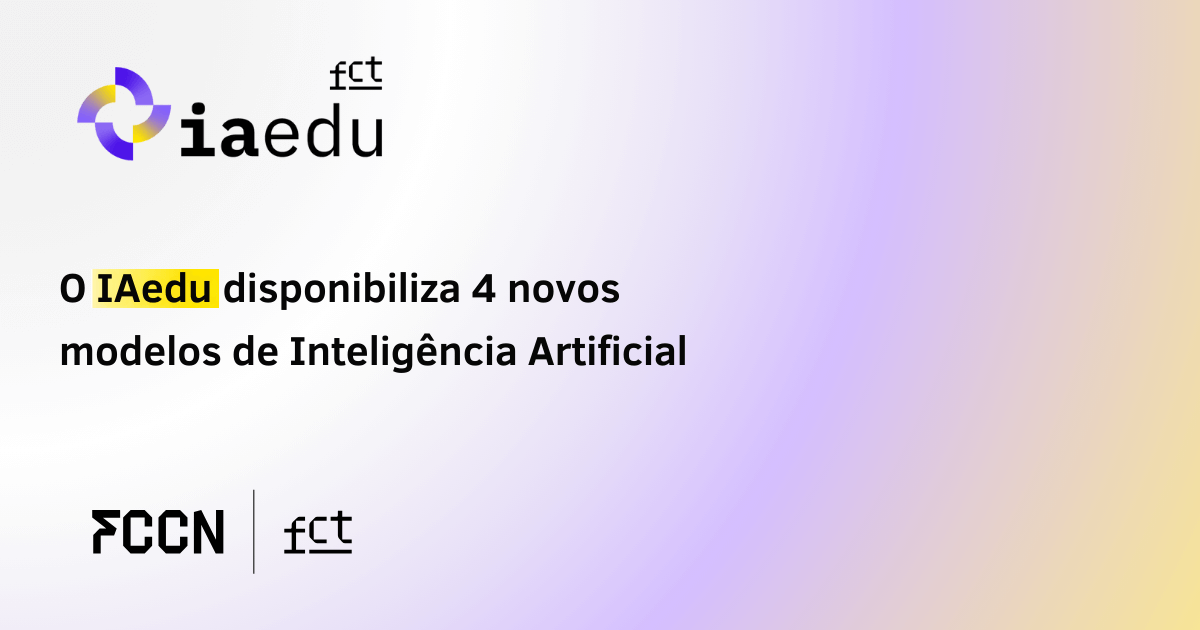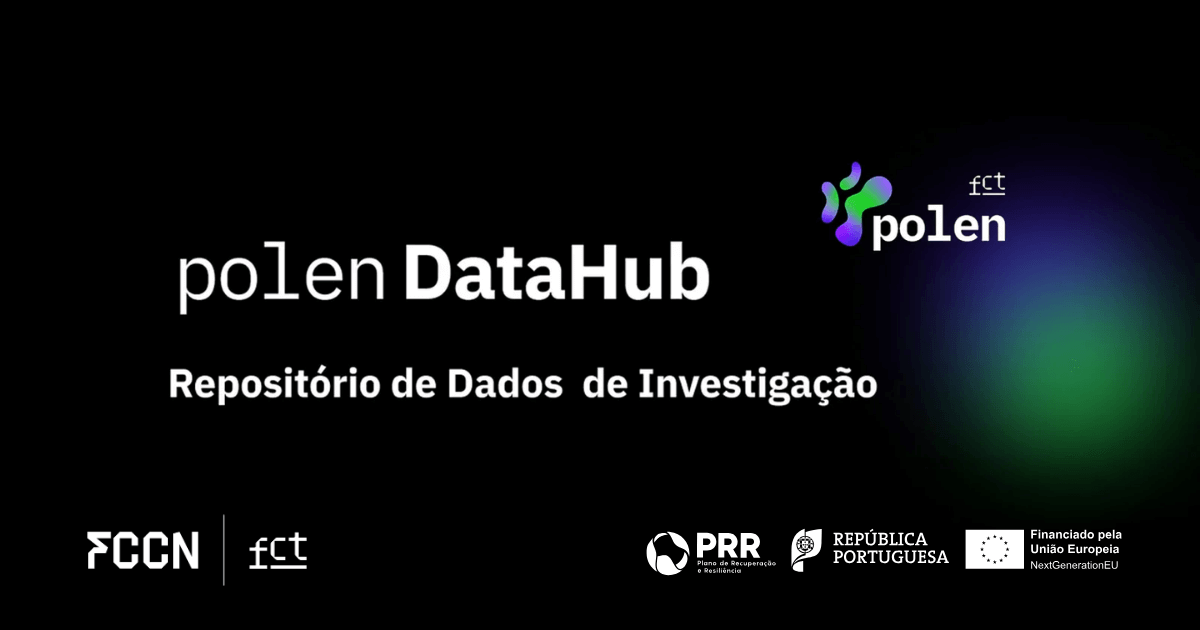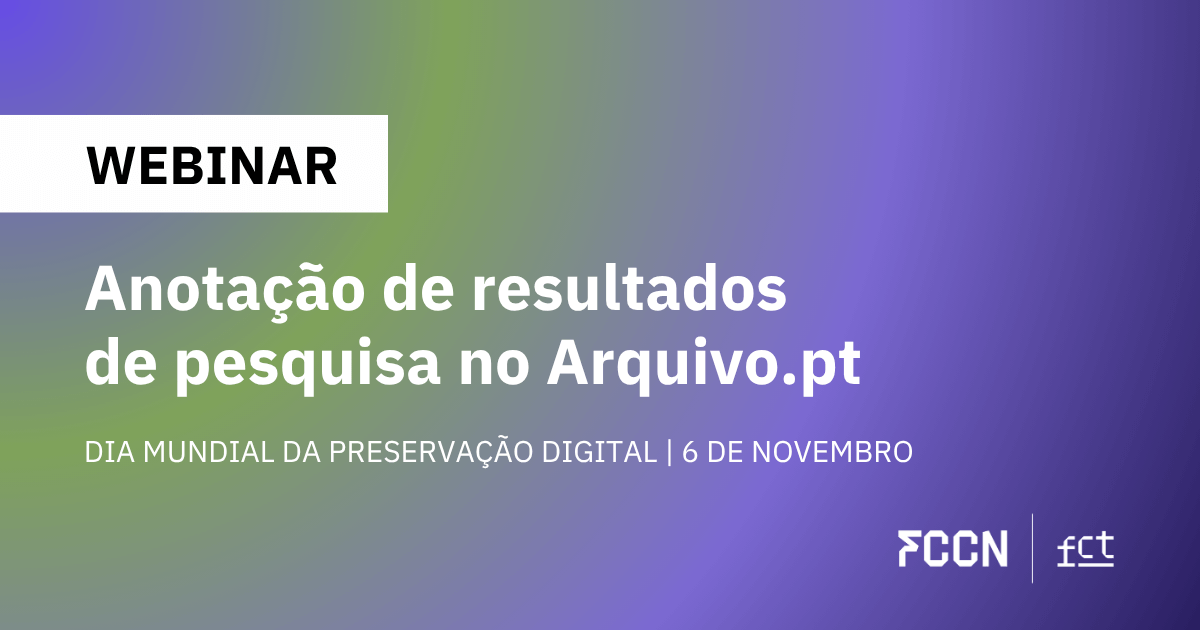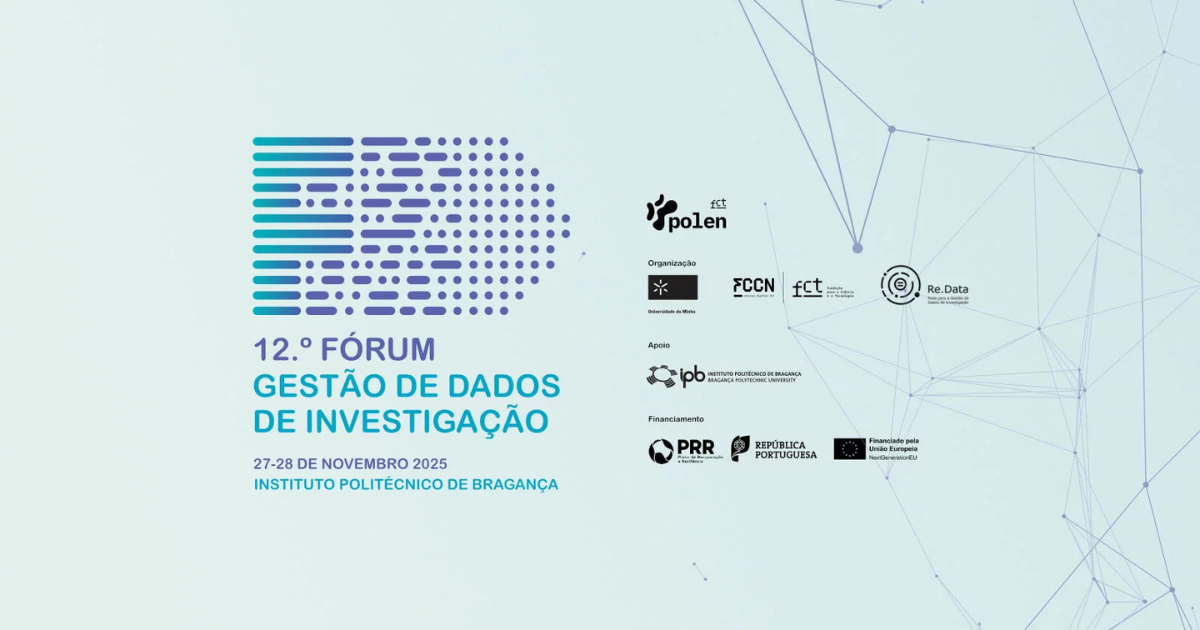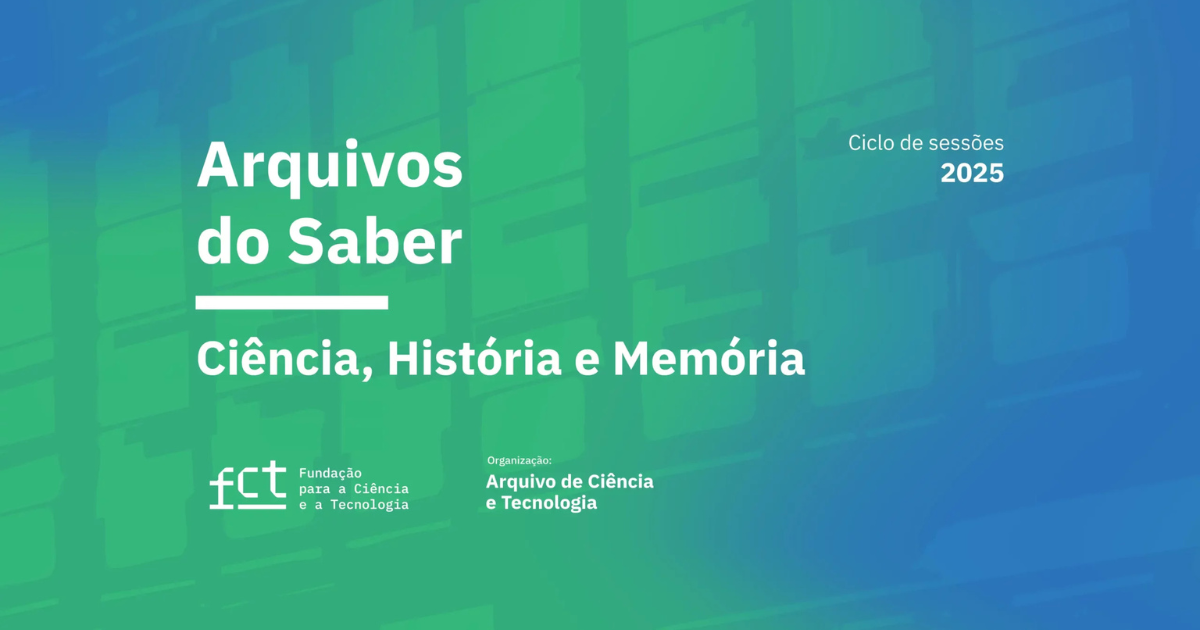

The conduct of scientific research is not fully adapted to the digital age. There are numerous opportunities for improvement, particularly with regard to openness of research processes and results, speed of access to these results and reproducibility of scientific research. Adopting these Open Science principles results in better science, greater trust in that science, and the ability to address global challenges.
However, this potential can only be achieved if research infrastructures evolve to enable scientists to explore, in an integrated and easy-to-use environment, the relevant data being produced.
Indeed, infrastructures are the foundation that supports the Open Science vision. If articles, data, code, and other products of scientific research constitute the content that should be available under FAIR principles, Open Science infrastructure consists of the tools and metadata through which these scientific products are created, shared and evaluated. It is critical that metadata be readable by software agents so that automated interoperability and reusability can be supported.
Other data attributes that are important for Open Science include reliability and citabilityTechniques for assessing and classifying reliability are essential to enable appropriate data reuse (and to prevent harmful reuse). Citability is an important step toward the recognition of scientific work and the subsequent publication of relevant data. The definition and use of DOIs (digital object identifiers) are an example of a useful technique for uniquely identifying articles or data.
They are equally necessary infrastructures that semantically link the entities of the scientific system to each other, such as persistent identifiers (PIDs) and standardized forms of collection, expressing themselves as metadata and semantically linking the PIDs.
Open Science: The role of the FCCN Unit
FCCN provides services and infrastructures Open Science relating to open access to publications, research data or Open Education. These are examples of this the DOI registration service to assign identifiers to articles, research data and other digital objects produced within the scope of national scientific activity; the PUBIN service, which promotes the modernization of editorial lifecycle management platforms in order to embrace the concepts of Open Science; or the initiative RCAAP, which ensures the teaching and research community access to a network of repositories facilitating the practice of open access.
Also in the field of research data management Services are being developed that will allow researchers to manage and share the results of their research, namely a registry of data management plans and a research data repository service.
Regarding infrastructure, the activities carried out by the PTCRISPTCRIS is a structuring program for science and technology management that aims to promote the integration of various information systems supporting scientific activity, with the goal of simplifying administrative processes and facilitating the production, management, and access to reliable data on scientific activity. To this end, PTCRIS is dedicated to defining a regulatory framework for interoperability (a set of rules to be adopted by the systems regarding PIDs, semantics, data models, among others), as well as developing support infrastructures, such as the national funding registry or the authoritative registry of organizations.
Committed to the principles of Open Science, FCCN intends, through various activities, contribute to increasing efficiency in research, promoting transparency and knowledge of the scientific process and democratizing access to this knowledge, in order to enhance development!
